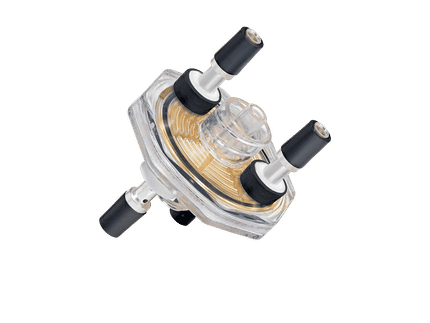To use all functions of this page, please activate cookies in your browser.
my.bionity.com
With an accout for my.bionity.com you can always see everything at a glance – and you can configure your own website and individual newsletter.
- My watch list
- My saved searches
- My saved topics
- My newsletter
Intestinal cancer in cats and dogsThe average age at which intestinal tumors are diagnosed ranges between 10-12 years for cats and 6 to 9 years for dogs. There are many different types of intestinal tumors, including lymphoma, adenocarcinoma, mast cell tumor, and leiomyosarcoma. Product highlight
Signs and symptomsThe symptoms can vary but include weight loss, diarrhea, vomiting, and anorexia. DiagnosisThe veterinarian will typically perform a series of tests such as blood tests and imaging studies. The most definitive way to confirm/rule out intestinal tumors is to perform a medical procedure called endoscopy to visualize the organ and do a tissue biopsy. [1] TreatmentSurgical treatment remains the treatment of choice for cats and dogs diagnosed with intestinal tumors who are in otherwise good health. References
External link
Categories: Dog diseases | Cat diseases |
|
| This article is licensed under the GNU Free Documentation License. It uses material from the Wikipedia article "Intestinal_cancer_in_cats_and_dogs". A list of authors is available in Wikipedia. |






